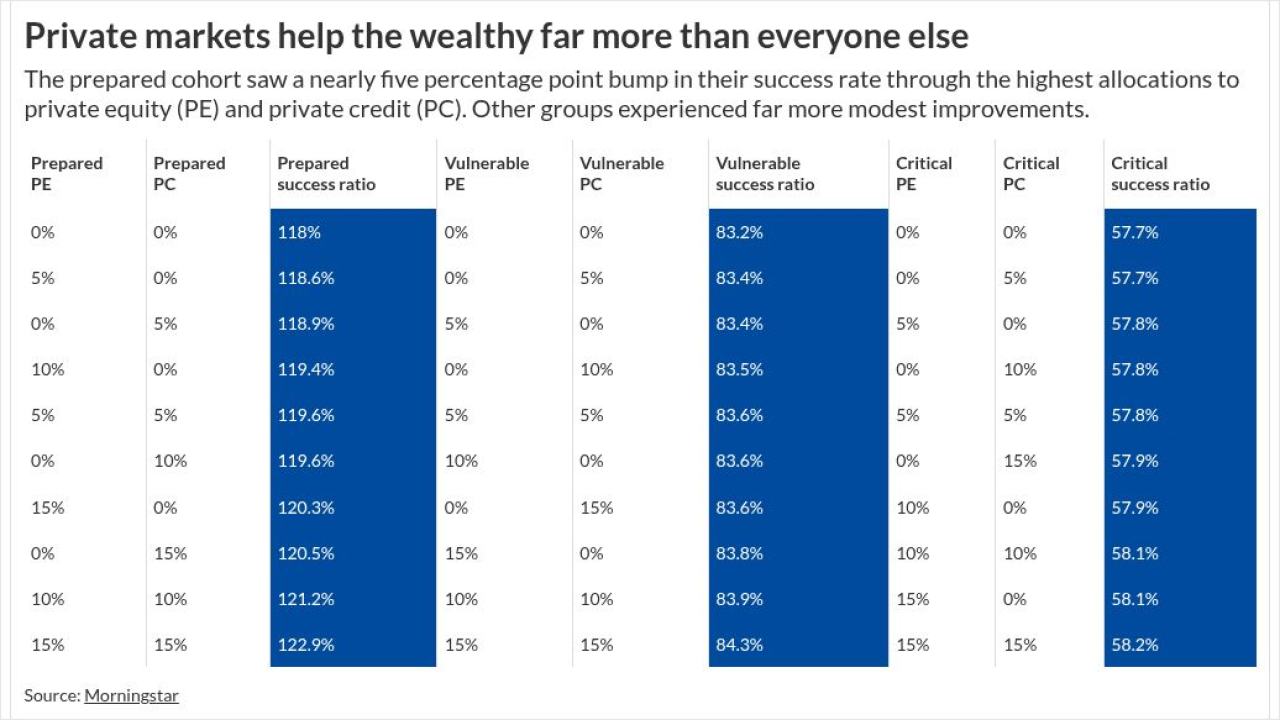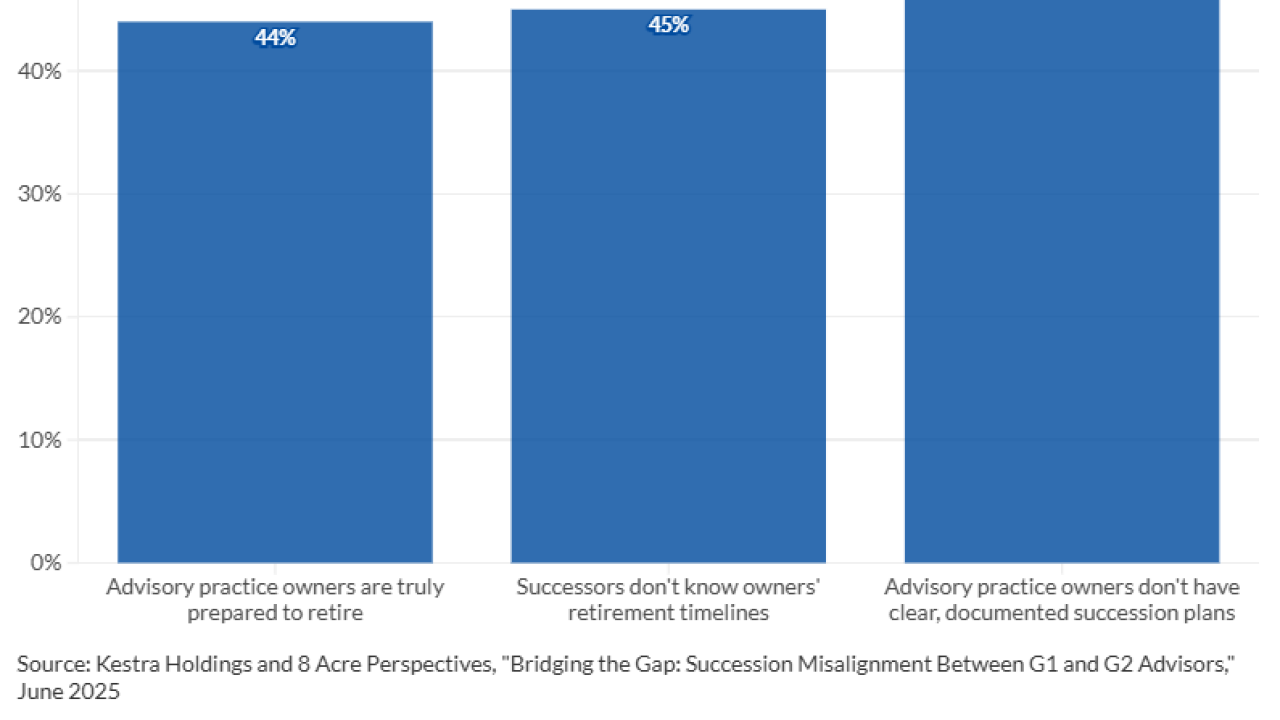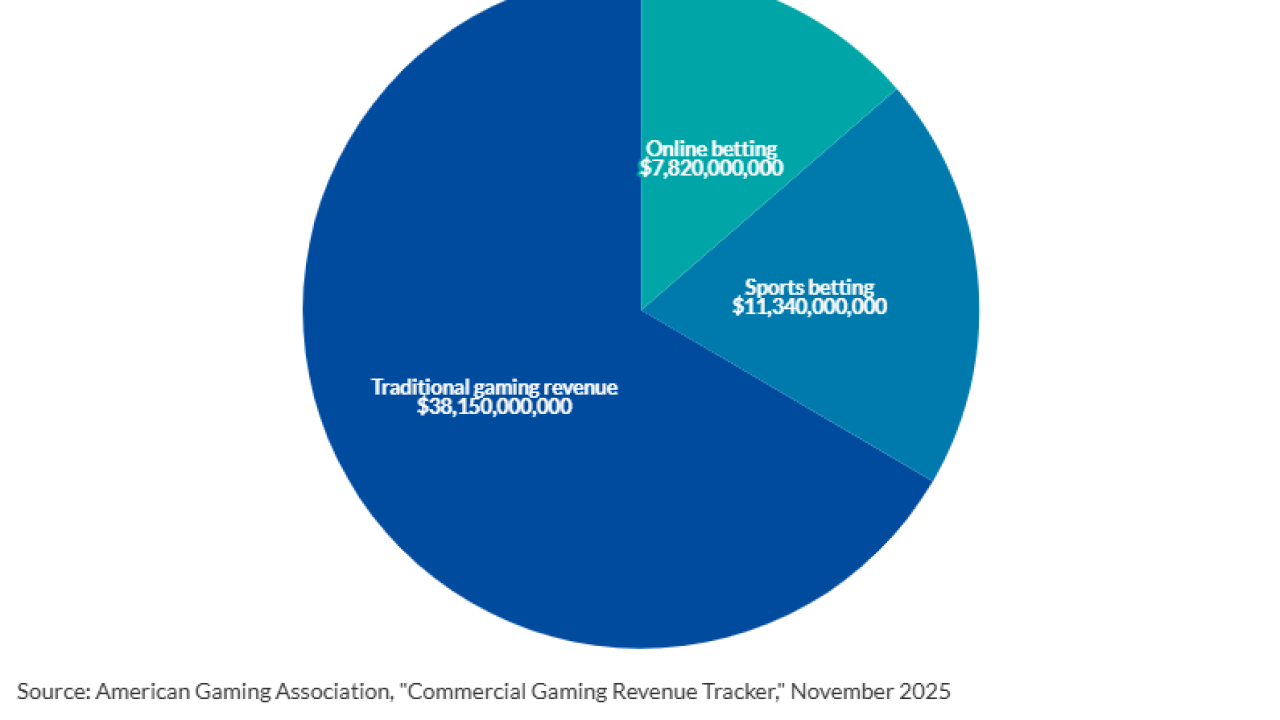Student loan debt in the U.S. has soared more than 130% over the past decade to hit a record $1.5 trillion in 2018. For a micro level perspective, the average student debt in the U.S. is about $32,731, more than half the average household income of $61,372, according to the most recent Census Bureau data.
When recent grads worry they’ll be paying off this debt for 20 years, it may seem like an issue that only impacts average income Americans. But this financial scourge doesn’t discriminate, advisors say. Even high-net-worth families can be ensnared by student loans. Sometimes, the only difference is that the numbers are higher.
Indeed, loan payments for new doctors, attorneys, nurses and professors can rival those of a new mortgage, according to advisor Sean Williams of Sojourn Wealth Advisory.
“We run into young professionals a lot who have the same problem of student loans that a non-professional has, but usually they have a lot more debt,” says advisor Leon LaBrecque, chief growth officer at Sequoia Financial. “I’ve seen people come out of law school with $150,000 in debt and med school with $200,000 in debt.”
More than three in four medical school students (76%) graduate with an average debt level of $192,000, according to the Association of Medical Colleges. The average law school graduate owes $122,000 in student debt, according to Bankrate.
The average overall physician’s salary — including primary care and specialties — is $299,000, according to the 2018 Medscape Physician Compensation report. The average salary for lawyers is $81,137 annually, according to data from

“[Graduates] will be saddled with this debt and be looking at three or four thousand dollars a month in payments,” LaBrecque says. “They think their income is really big and then they get crushed by the debt and they are sitting there almost impoverished at the beginning.”
To be sure, high net worth families have more options than the average family when it comes to financing education. But it’s typically mom and dad that handle the purse strings and they may not want to shell out for graduate, medical, or law school. Especially if there is more than one child in the picture.
“Being informed and intentional is extremely important. Student loan repayments used to be simpler when options were more limited,” Williams says. “Now it can be a more complex decision. With all the options of consolidation, repayment plans, eligibility for loan forgiveness which may be taxable or may not be — people need to know their options.”
There are some considerations, often glossed over, for HNW clients looking to help their children bear the brunt of this burden.
“We’ve had families help their kids with debt,” LaBrecque says. “In the past they might have used home equity to refinance the student loans or used cash. But, under the new tax law, new home equity loan interest is not deductible if it is not used for home improvements.”
However, investment interest is still deductible, so LeBrecque’s clients have used margin loans or pledged asset loans against the parent’s investment account to get partially deductible loan interest.
-
As college debt rises, borrowers want different perks from their employers.
September 20 -
This debt “can hurt their ability to take on long-term financial planning because they are concerned with reaching a zero point,” says one therapist.
May 11 -
"This space is getting more diverse, and change is coming from all directions," says Alois Pirker, research director for Aite Group's Wealth Management practice.
May 17
“We have the parent treat the loan payment as an advance to the child, so the other children may not be hurt,” LaBrecque explains. “So, if I have three kids and I have $3 million and I pay off the loans of one child to the tune of $100,000. I then have the child sign a letter acknowledging that they will pay us back and if they don’t the $100,000 or whatever the unpaid balance, is considered an advance on their inheritance.”
This idea of considering the loan payoff as an advance on inheritance has appealed to some of LaBrecque’s clients. One family had a child that went to medical school and ended up $250,000 in debt. They came to LaBrecque not knowing what to do. He suggested that the parents simply pay it off, since they were in a strong enough financial position to do so.
“They said ‘well what about my daughter?’, LaBrecque says. “I go ‘tell the one that you paid the 250 grand off for that it comes out of their inheritance.’ and they said ‘oh that’s a great idea.’ And that is what they did.”
When it comes to education — no matter the financial security — it would be worthwhile for advisors to learn as much as they can about federal financial aid and the options available to HNW families.
Not paying close enough attention to the financial aid package details could end up hurting students and families in the long run, as they may not realize or understand what the less expensive options could be, LaBrecque says.
“It’s important for advisors to note that they’re getting a bigger share of their clients heart and their wallet by dealing with their kids,” LaBrecque says. “When I talk to clients about their kids and their kids’ student loans almost inevitably at they end they say ‘this is why I work with you, because you care about my family.’”





